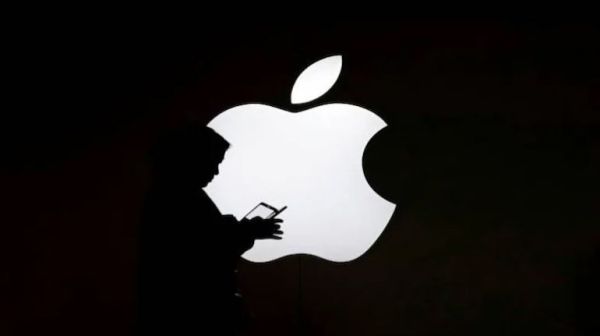
Apple and Elon Musk’s SpaceX are actively competing to enhance mobile connectivity using satellite technology, especially in locations where traditional cellular networks are ineffective. According to the Wall Street JournalApple has backed Globalstar with a $1 billion investment to support emergency satellite messaging features on iPhones, while SpaceX continues to expand its Starlink satellite internet service.
A key area of contention between the two companies is access to radio spectrum—limited frequency ranges crucial for satellite operations. SpaceX has reportedly attempted to stall Globalstar’s expansion by urging U.S. regulators to delay its projects. Previously, SpaceX and its partner T-Mobile had sought Apple’s collaboration to enable Starlink connectivity on iPhones. Apple agreed after lengthy negotiations but retained control over how satellite features operate on its devices.
Although Apple and SpaceX are rivals in this space, they also rely on one another. SpaceX launches satellites for Globalstar, which supports Apple’s satellite-based features. Meanwhile, T-Mobile and SpaceX require Apple’s cooperation to integrate Starlink smoothly with iPhones.
This satellite rivalry adds to past tensions between Elon Musk and Apple. Disputes have ranged from competition for self-driving car talent to disagreements to the X platform (formerly Twitter). Musk has even suggested developing a competing smartphone to challenge Apple’s dominance in app distribution.
While SpaceX currently leads in the number of satellites deployed, Apple has reportedly been negotiating with additional satellite providers to strengthen its position. Despite ongoing conflicts, both companies may need to collaborate to push forward the future of satellite-based mobile communications.
Read More: Apple and SpaceX Compete Over Satellite-Based Mobile Connectivity